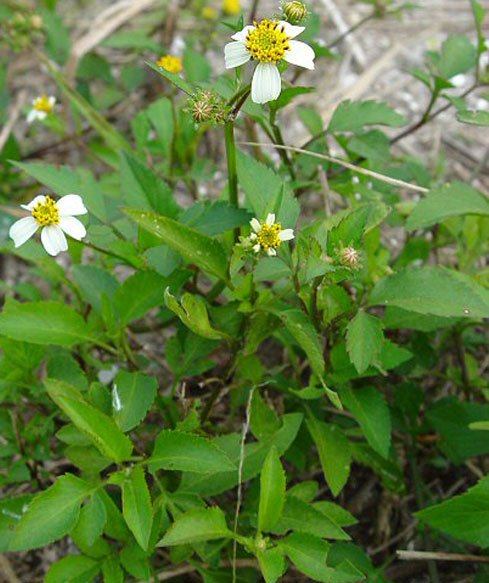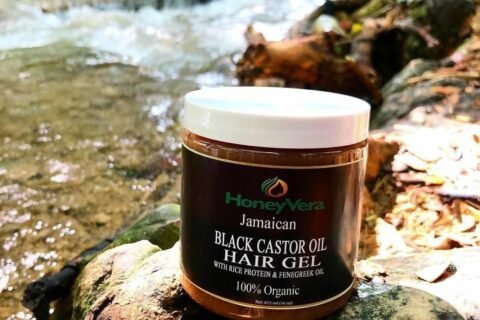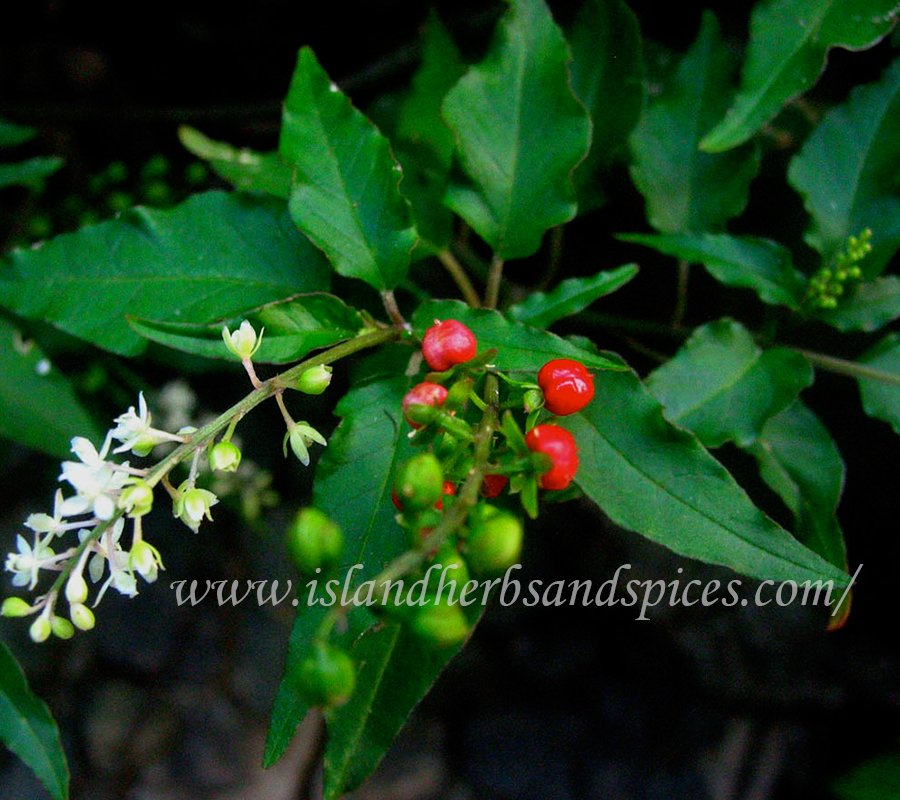Jamaica’s rich biodiversity has long supported the cultivation of medicinal herbs that are integral to both local traditions and the global market. However, the growing threat of climate change poses significant challenges to this vital industry. This article explores how climate change impacts the cultivation of Jamaican medicinal herbs and highlights the importance of organic farming practices in this context.
Effects of Forest Fires on Herb Cultivation
The cooler hills of Jamaica, where many medicinal herbs are traditionally grown, have recently experienced an increase in forest fires. These fires have devastated large areas of forest, killing numerous trees that are essential for producing herbal roots and barks. Key trees affected include:
Puron
Bitter wood
Ra-moon
Blood wise
Four man strength
In addition to these, other herbs such as sarsaparilla and Chaney Root, which thrive in the hills, have also suffered significant damage due to forest fires. The loss of these trees not only reduces the availability of these herbs but also disrupts the delicate ecosystems that support their growth.
Impact of Drought and Excessive Rainfall
In the lowlands, where different varieties of herbs are cultivated, climate change manifests through severe drought conditions and, paradoxically, excessive rainfall. Both extremes pose threats to herb cultivation:
Drought: Prolonged periods of drought stress plants, reduce yields, and can lead to the death of herb crops.
Excessive Rainfall: Too much rain can lead to waterlogging, which fosters fungal growth and disease, further harming herb production.
These conditions make it increasingly difficult to maintain the quality and quantity of herbs required for medicinal use.
Other Climate Change Impacts on Herb Production
Beyond forest fires, droughts, and excessive rainfall, climate change affects Jamaican medicinal herb production in several other ways:
Temperature Variability: Fluctuations in temperature can disrupt the growth cycles of herbs, affecting both their potency and yield.
Soil Erosion: Increased rainfall intensity can lead to soil erosion, which depletes the soil of nutrients needed for herb cultivation.
Pest and Disease Proliferation: Warmer temperatures and changing weather patterns can lead to an increase in pests and diseases that affect herbs, necessitating more intensive management practices.
The Challenges of Organic Herb Farming
Organic farming, while environmentally sustainable and beneficial for producing high-quality medicinal herbs, requires more time and effort, especially under changing weather conditions. Organic practices avoid synthetic chemicals, relying instead on natural methods for pest control and soil fertility. This approach demands:
Labor-Intensive Practices: Regular manual weeding, monitoring, and pest management.
Sustainable Soil Management: Composting, crop rotation, and green manures to maintain soil health.
Water Management: Efficient irrigation systems and water conservation techniques to cope with drought conditions.
These factors naturally increase the cost of production, making organic herbs more expensive in the market. However, the benefits of organic herbs, including higher potency and fewer contaminants, justify their premium price.
Conclusion
Climate change poses significant threats to the cultivation of medicinal herbs in Jamaica, impacting both the hills and lowlands where these valuable plants are grown. Forest fires, droughts, excessive rainfall, and other climate-related challenges necessitate adaptive strategies to ensure the sustainability of herb production. Organic farming, despite its challenges, remains a vital approach to producing high-quality medicinal herbs that meet the needs of health-conscious consumers. By understanding and addressing the impacts of climate change, Jamaica can continue to be a vital source of medicinal herbs for the world.










